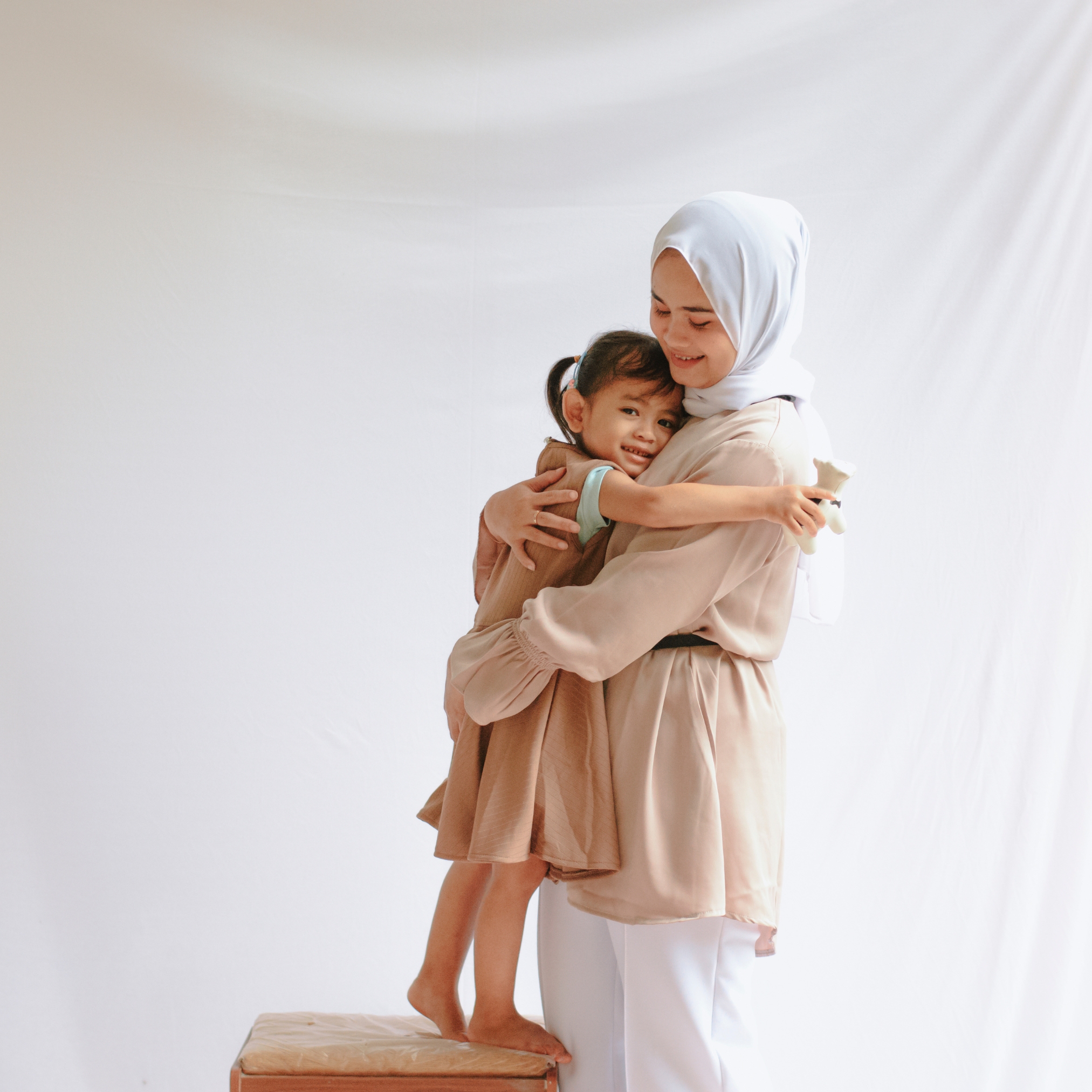Love and Discipline
Love and Discipline

Unconditional love is expressed best on hard days
One of the most difficult things about unconditional love is that we can never prove it to our children through words or repetition. They need to feel it.
This will be best felt in the hard times after they have made a mistake or when they are having a tantrum. In those moments, it’s essential to lean in and show them that you love them unconditionally: even when they’re angry, or even when they have made a mistake.
These moments will be powerful moments that our children remember forever.
Often, from your own childhood, you will remember the times when you made a mistake and an adult helped you rather than judging you. These moments teach you that you are truly safe and loved in that relationship.
Unconditional Love doesn’t mean no boundaries, or no discipline
Unconditional love helps our children feel safe in the boundaries that we set, and will make them more likely to adhere to rules and have less behavioural issues.
Many behavioural issues stem from attachment anxiety. Unconditional love and a secure connection with your child will mean that they will have better behaviour.
Children feel safe and calm with clear, consistent boundaries. Boundaries can also help us maintain our own mental health as parents to ensure that we are parenting from a place of rest and calm. These may include making an hour for a walk or a run alone each day.
For more, you can explore Janet Lansbury’s Respectful Parenting work.
Guidance from a place of connection and love
You should lean on respect and unconditional love to redirect and support your child when they misbehave. For example, if they hit another child, you can:
- Ensure safety: stop them and hold them if required to keep everyone safe
- Remind them that you love them – “Mama loves you even when you’re angry. Mama loves you even when she’s protecting the baby from you. Mama loves you even when you’re having a tantrum.”
- Then, you can use sensory strategies to help them calm down. This can include a massage, music, dancing, sensory ball, going outside or other strategy
- After they have calmed down, you can reflect on the situation and teach them what emotion they experienced, why you stopped them, and what the rules are about hurting other people. For example, you can say: “You hit the baby because you were jealous of how much time mama was spending with the baby. Next time, you can tell me that you’re feeling jealous and want to spend time together.”
Respect and love
When we learn love as we have from the previous articles, this will automatically mean that we respect those we love.
We will gaze at them with awe and wonder, and respect how incredible it is that we are allowed to love them and enjoy the connection with them. We will see how miraculous it is that the care of a young person has been entrusted to us.
Sometimes, reflecting on the magic of our own existence and our own humanity will help us realise what a miracle our children, spouses, parents, friends and other loved ones are. Respect will come from this awe.
All humans have equal human dignity – women, men, children, rich, poor, young and old. We must honour all people.
For more information on this, please explore Brene Brown and Janet Lansbury’s work.
